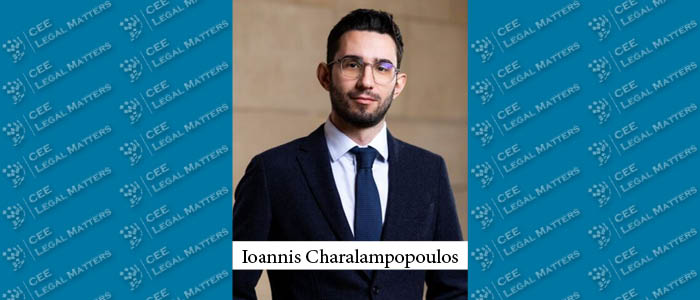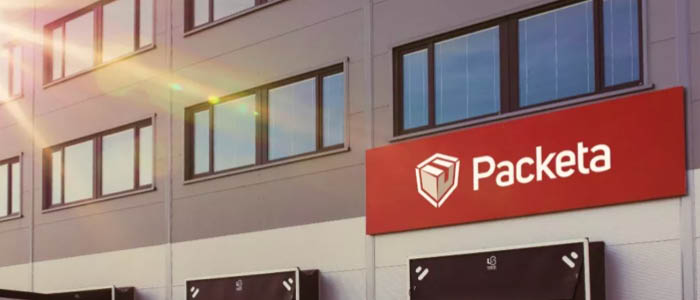So far, 2017 has been a very challenging year for dispute resolution in Slovakia, as several new laws changing the current approach to court proceedings and arbitration have entered into force. Practitioners as well as the courts need, therefore, to balance the old rules (which are to some extent still applicable to ongoing proceedings) with the new rules.
Mandatory Activation of Electronic Mailboxes and Mandatory Electronic Communication: As part of the introduction of e-government in Slovakia, on July 1, 2017 electronic mailboxes (“e-boxes”) established by the state for all legal entities to provide electronic communication with public authorities were automatically activated.
Many courts started to communicate with parties exclusively via these now-activated e-boxes. According to the procedural rules, delivery to an e-box is considered successful even where the e-box is not checked by the owner. The exceptions to this rule are few and ignoring the e-box can have significant consequences (e.g., in the form of adverse court rulings).
Company executives such as executive directors, members of the boards of directors, and administrators of foundations are identified as “users” of the companies´ e-boxes by default under Slovak law, and other natural persons can be added by a special authorization form. A user needs to own a special identification card or an alternative form of identification issued by the Slovak Police. This has led to problems for users who are non-Slovak and do not live in Slovakia, but in practice this problem is usually resolved by authorizing an additional employee or external advisor (e.g., a law firm).
New Procedure for Payment Orders: As of February 1, 2017, a new court procedure can be used for payments orders. The main goals of this new procedure are to speed up and simplify the issuing of payment orders – and it seems they have been achieved.
The Banska Bystrica District Court is provided with exclusive jurisdiction over this new procedure for payment orders. Petitions are to be filed solely by electronic means, and the court fee has been reduced to 50% (i.e., in general 3% of the claimed amount). The court is obliged to issue its decision within ten working days following the submission of the petition and payment of the court fee.
New Enforcement Rules: In connection with the introduction of e-government, a change of the enforcement procedure (i.e., executions) also became effective on April 1, 2017. As of that date, any communication involving the enforcement procedure can be made solely via electronic means.
In addition, the Banska Bystrica District Court was given exclusive jurisdiction for enforcement procedures.
New Civil Dispute Order: New procedural rules entered into force on July 1, 2016, and the first year of their use has involved many challenges for both the parties to proceedings and the courts themselves.
The most significant issue tackled by the Supreme Court of the Slovak Republic so far, in this context, involved the specific grounds for an extraordinary appeal. The new Civil Dispute Order contains two separate provisions with two separate sets of grounds for extraordinary appeal. In practice, the two legal provisions have usually been combined, with several appeal grounds stated in the extraordinary appeal. The Supreme Court of the Slovak Republic has decided that such a combination is not allowed – extraordinary appeals can only list a ground from one of the two legal provisions – and that extraordinary appeals with combinations of grounds from both provisions are to be dismissed.
Commercial Arbitration: Due to some negative experience with local arbitration courts, a set of strict rules has been adopted. The final change, which entered into force on January 1, 2017, stipulates that only the National Sports Federation or a chamber established under a special law (for example, the Slovak Bar Association or Chamber of Commerce) can establish a permanent arbitration court in the Slovak Republic.
Permanent arbitration courts that do not satisfy these criteria cannot try and decide cases, and arbitration proceedings that were ongoing before such arbitration courts were stopped as of December 31, 2016 (unless the parties expressly authorized their continuation) and arbitration clauses involving such arbitration courts need no longer be honored for proceedings not yet commenced.
By Jana Cernakova, Partner and Miroslav Zatko, Associate, Cechova & Partners
This Article was originally published in Issue 4.8 of the CEE Legal Matters Magazine. If you would like to receive a hard copy of the magazine, you can subscribe here.





























